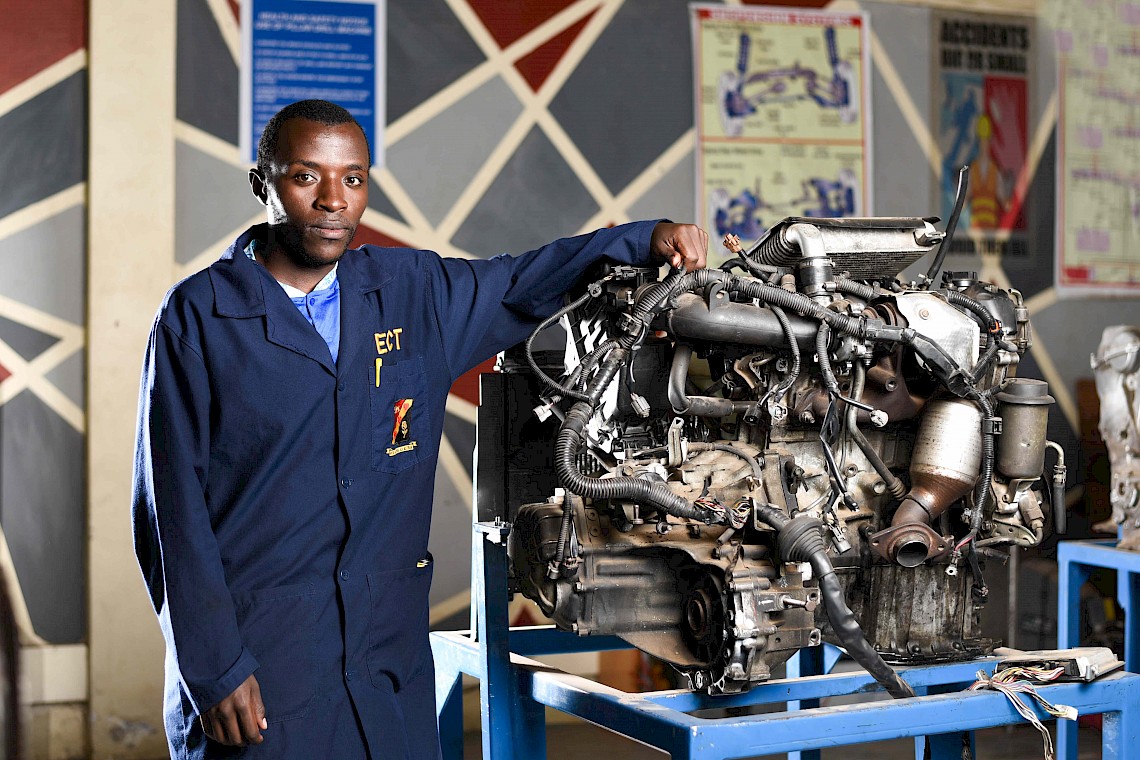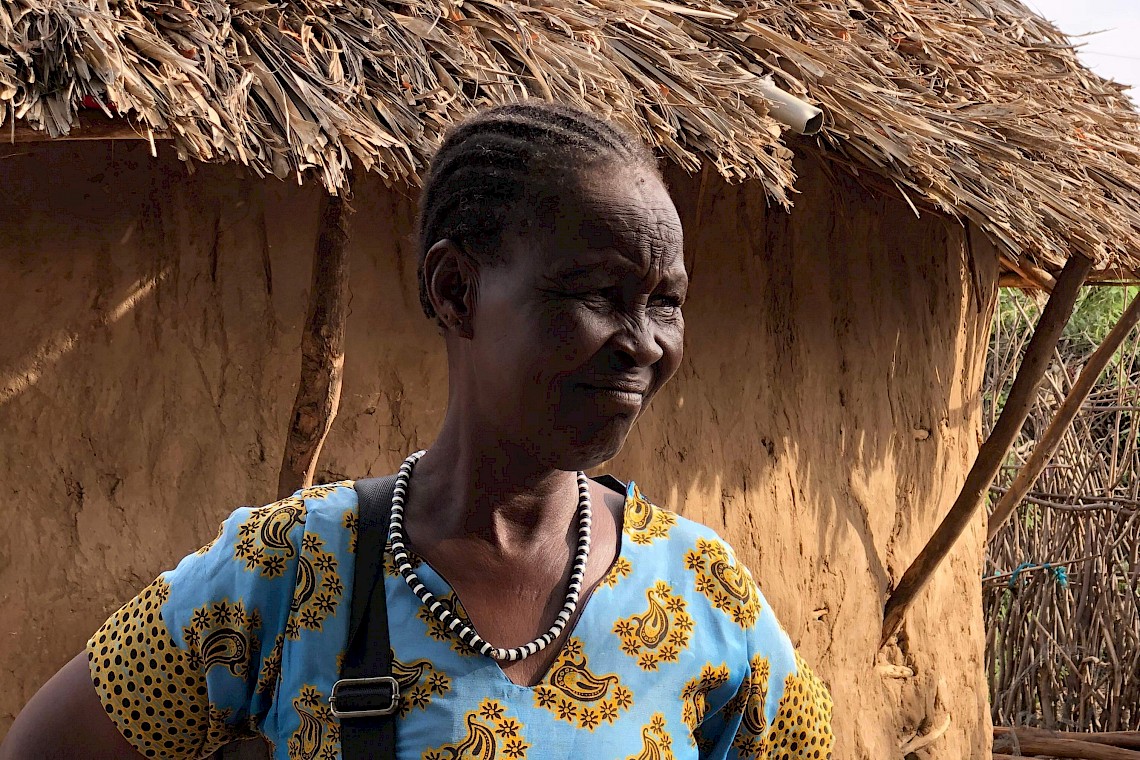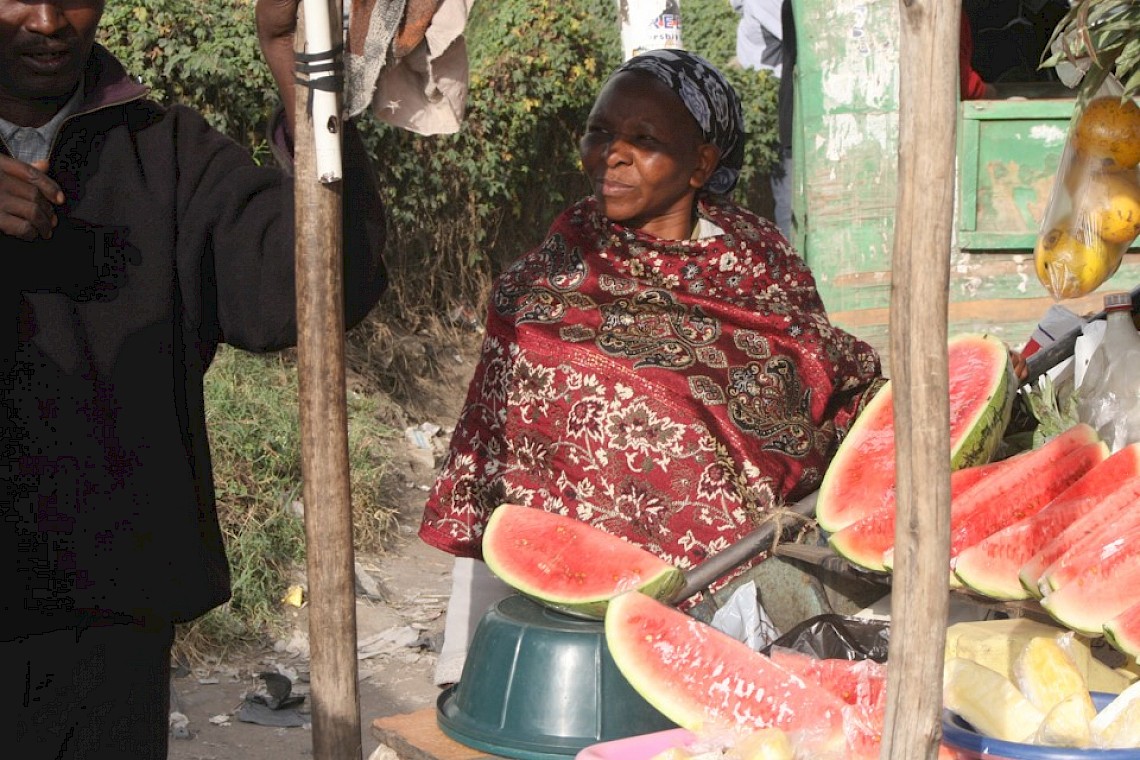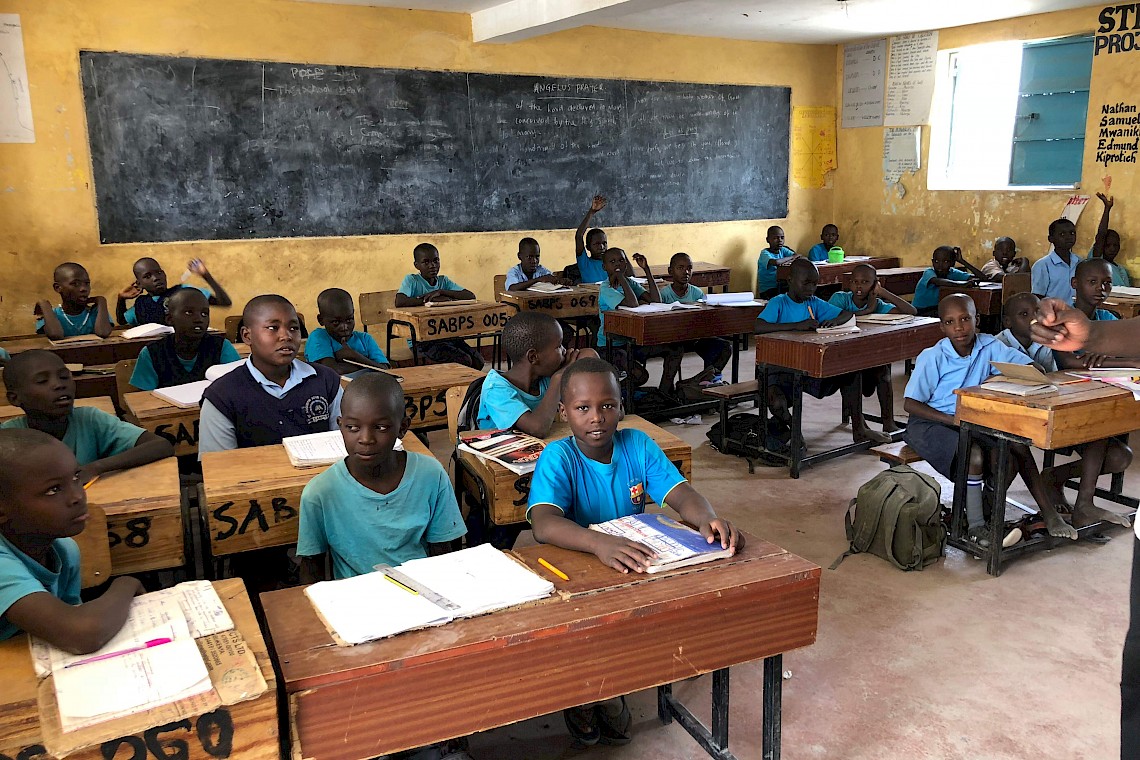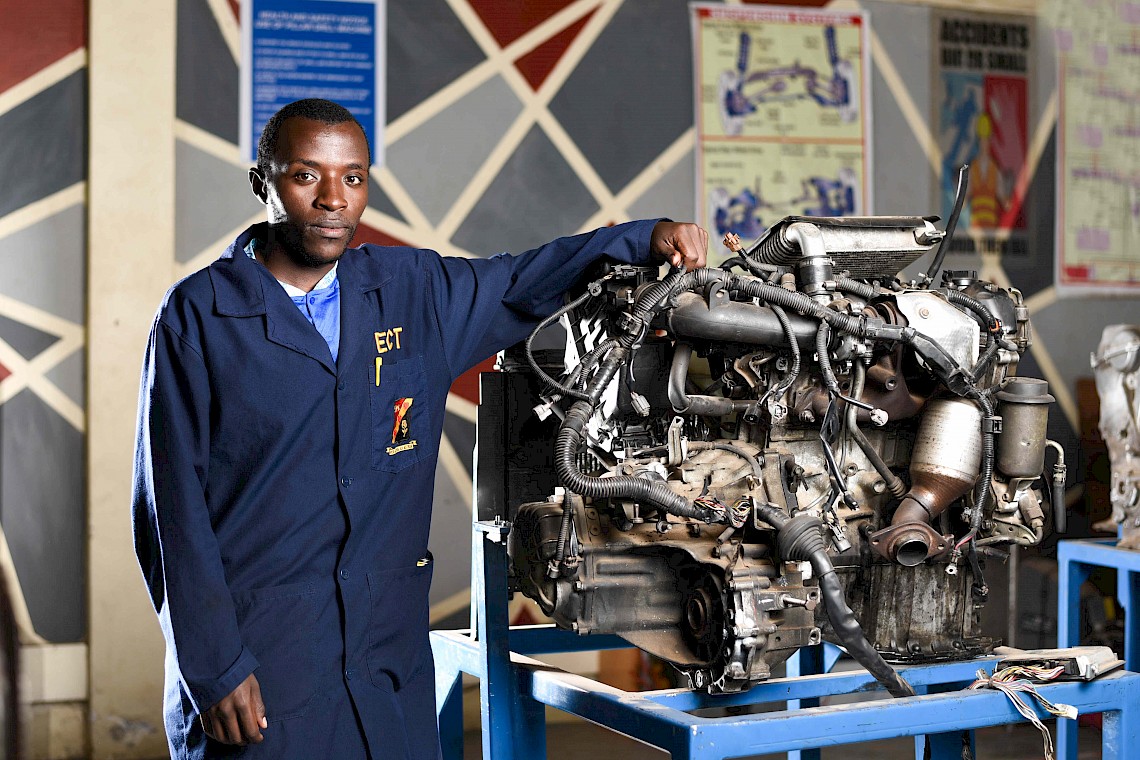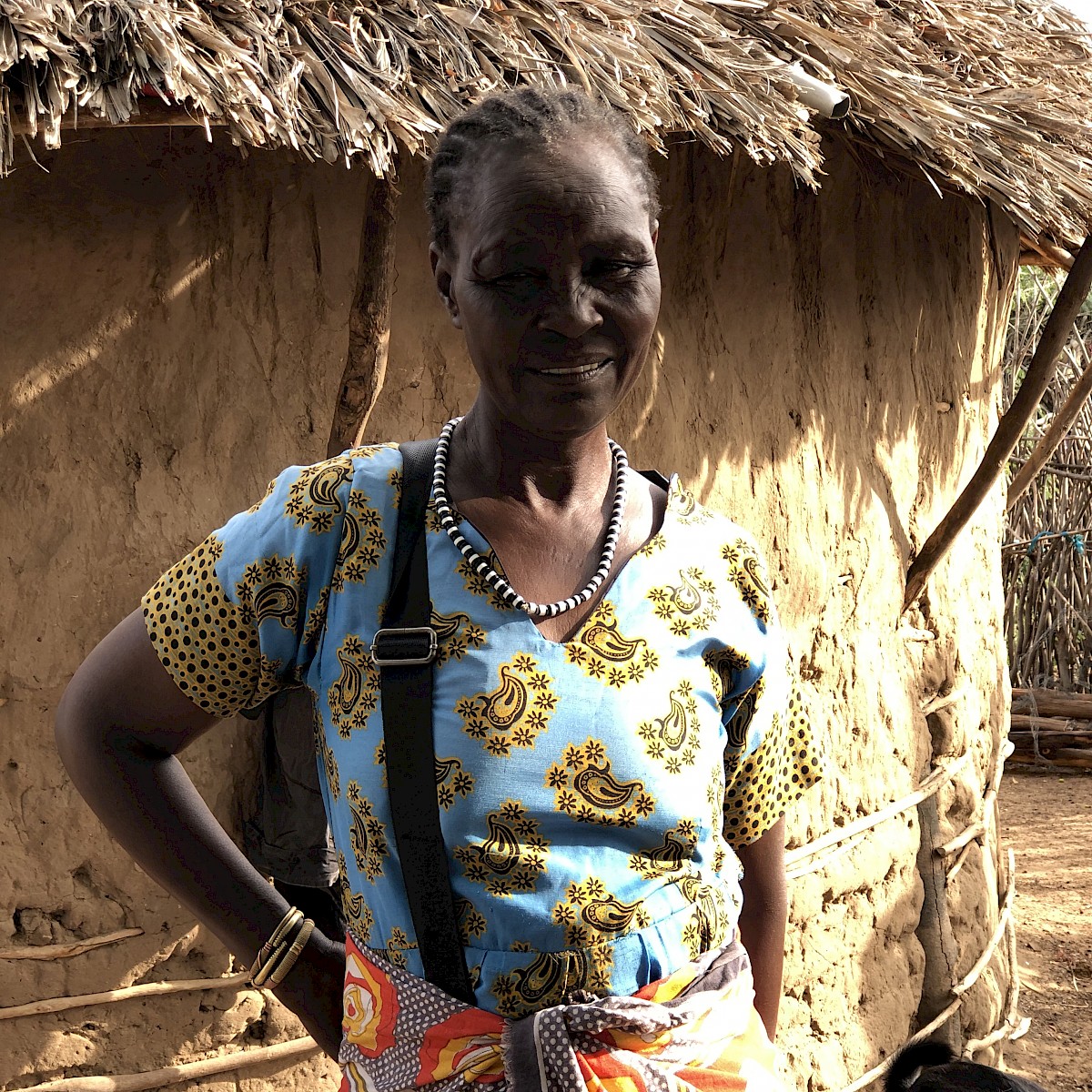
Kenya
About Kenya
Kenya, located in East Africa, is known for its vast savannahs, beautiful lakelands, the dramatic Great Rift Valley, and mountain highlands, along with a coastline on the Indian Ocean. The country's challenges include poverty, corruption, limited access to healthcare, and environmental issues like wildlife conservation and water scarcity. Kenya is home to a diverse array of ethnic groups and hosts a significant number of refugees from neighboring countries. It has gained attention for advancements in technology and innovation, and its efforts in wildlife conservation have been internationally recognized.
Our focus in Kenya
Our engagement in Kenya is based on multiple partnerships across the vast country. Through a partnership with SET and its subsidiary, Eastlands College of Technology (ECT), we are dedicated to supporting young men and women by offering vocational training programs in high-demand technical fields for youth living in the precarious conditions of Nairobi's slums. On the other hand, in the Northern Kenyan County of Turkana we support the sustainable agricultural activities and micro-entrepreneurship of rural women, aiming to enhance their life quality and employment opportunities across the country. These examples are only a part of our work in the country.
Our projects in Kenya
Youth employment creation and technical training in the greater Nairobi
247 000€
Youth
2021 – 2023
Inter-Cultur, in partnership with Strathmore University, St. Kizito Vocational Training Institute, and Imani, has worked for several years to provide educational opportunities for marginalized youth in Nairobi's slums. The project offers technical skills training and entrepreneurship education, with a strong focus on job placement and internships. Approximately 70% of the 900 participants, including half who are women aged 18-25, secure employment or start their own businesses within six months of completing the program, reducing their exposure to drugs and illegal activities.
Strengthening Livelihoods and Improving Food Security of Turkana Women in Kangathotha and Kerio Wards
280 000€
Women
2021 – 2023
The project in Turkana, Kenya, aims to improve food security and livelihoods for women in pastoralist communities through vocational training in beekeeping, honey processing, and basket weaving, alongside enhancing market access for these products. By fostering community-based savings and lending groups, the project promotes solidarity. It is also aligned with the UN 2030 Sustainable Development Goals.
Cervical Cancer Risk Awareness Education, Screening and Tracking System - Experiment
7 000€
Women
2021 – 2022
Cancer is the third leading cause of death in Kenya, with cervical cancer posing a significant threat to women's health due to its high prevalence and lack of screening resources. Inter-Cultur, in partnership with iLabAfrika, develop an online application to raise awareness, collect data, and enroll women for cancer screening. The pilot project aimed to improve early diagnosis and dispel misconceptions about cervical cancer, ultimately enhancing prognosis and treatment outcomes.
Implementation of a community canteen for children and families of Saint Augustine School affected by COVID and locust infestation, Lodwar-Kenya.
55 000€
Children
2020 – 2021
In Lodwar, Turkana, Inter-Cultur's project aimed to reduce nutritional vulnerability among children, expectant mothers, and families by promoting school food security programs and building a canteen at Saint Augustine Primary School. Collaborating with Fundación del Valle, the project also provided nutrition equipment and organized hygiene and health lectures to improve community health and prevent disease spread.
Micro and Small Enterprises Support Programme in Kenya
81 000€
Youth
2013 – 2014
Inter-Cultur and Strathmore Educational Trust's first project focused on creating employment for young micro-entrepreneurs and providing technical and entrepreneurial training to underprivileged youth in Nairobi. The project enhanced participants' skills, helped them start businesses, and increased their education levels while supporting SMEs through pedagogical tools and collaboration with both formal and informal economic sectors.
